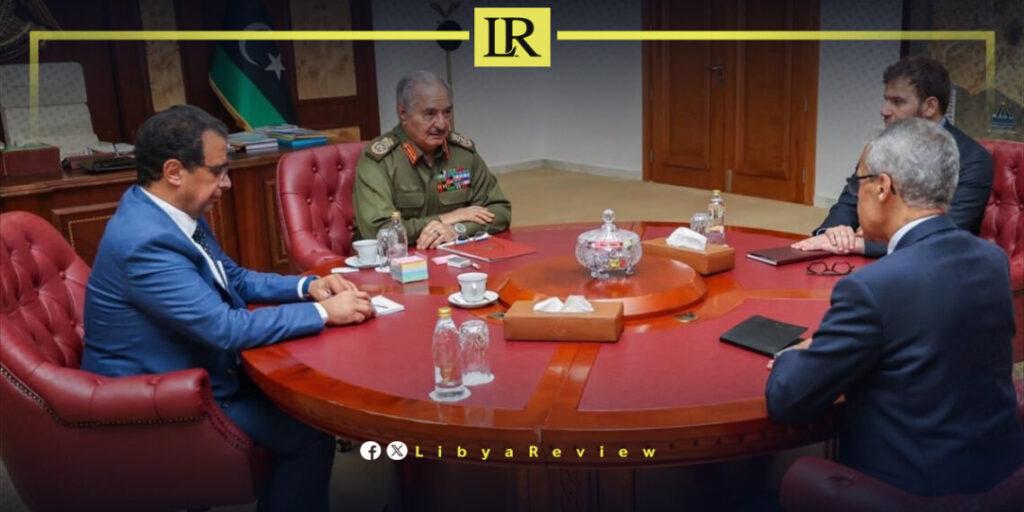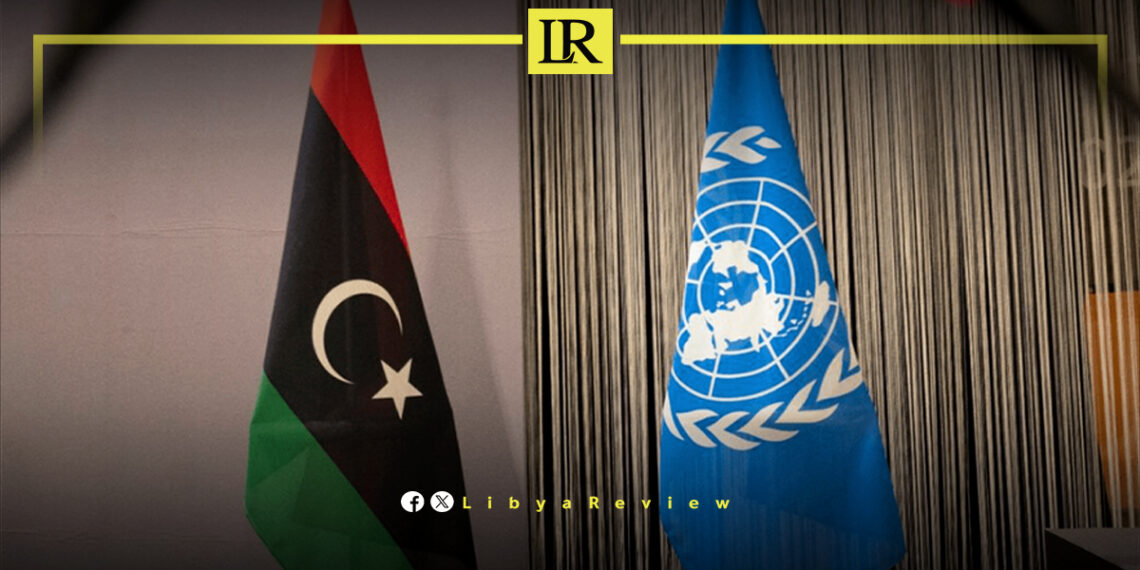NATIONAL SECURITY ISSUES
- The International Organization for Migration (IOM) in Libya successfully organised a Voluntary Humanitarian Return (VHR) flight, returning 164 vulnerable and stranded migrants to Somalia. The flight departed from Sebha, southern Libya, with the migrants heading to Mogadishu and Hargeisa, key cities in Somalia. This return is part of IOM’s ongoing efforts to assist migrants who are stranded in Libya under difficult conditions, helping them safely return to their home countries. The VHR programme, a critical lifeline for many, provides not only safe passage back home but also reintegration support to help migrants rebuild their lives.
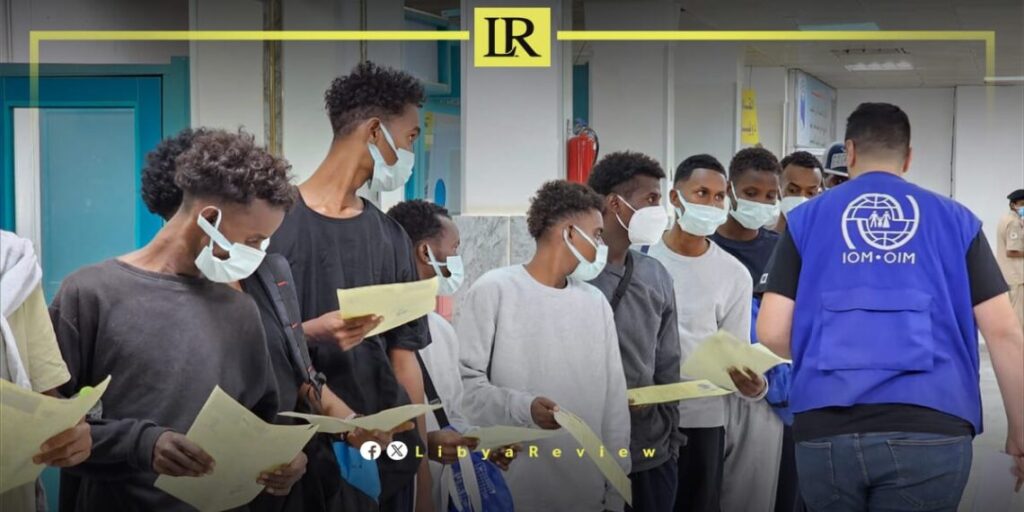
- A tragic boat accident off the Libyan coast has claimed the lives of three Egyptian fishermen, leaving two more critically injured and casting a spotlight on the dangers faced by migrant laborers working in Libya. The accident occurred when the fishing vessel’s engine malfunctioned, causing an explosion that set the boat ablaze. The deceased fishermen—Ali Ibrahim Ali Ismail Darwish, Mandour Mohammed Mohammed Abbasi, and Morsi Taha Difda’—were all residents of villages in Kafr El-Sheikh Governorate in Egypt. Four other crew members were injured, with two in critical condition now receiving treatment at a hospital in Tripoli. This tragedy underscores the risks encountered by Egyptian workers in Libya, a country slowly emerging from years of conflict. Many Egyptians continue to travel to Libya for work, particularly in fishing and construction, despite the hazards posed by unstable infrastructure and challenging working conditions.

- The People’s Voice Party of Libya has expressed deep concern over what it describes as an Italian attempt to revive a migrant resettlement project in southern Libya under the guise of promoting entrepreneurship among farmers. In a statement, the party explained that the project targets municipalities such as Sabha, Murzuq, Ubari, and Ghat. It argued that changing terminology does not conceal the true objective, which is to settle illegal migrants on Libyan soil. The party declared its categorical rejection of the resettlement of migrants in Libya, stressing that such projects pose a threat to the country’s social and security stability and constitute an infringement on its sovereignty. “We refuse to let Libya become a dumping ground for Europe’s migrant crisis,” the statement added. “These projects are merely an attempt to ease Europe’s migration burden at the expense of Libyan sovereignty.”
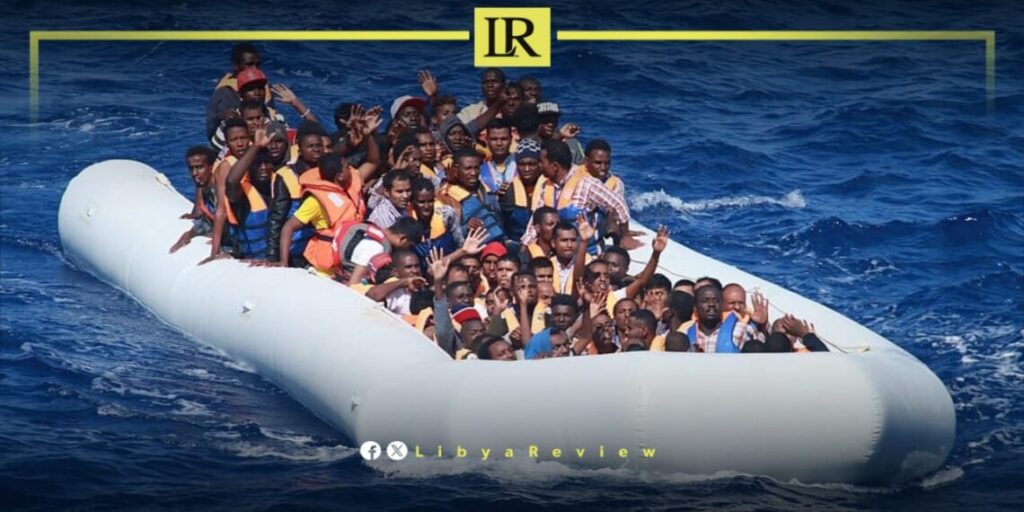
NATIONAL POLITICS AND SOCIAL ISSUES
- Libya’s Ministry of Foreign Affairs, under the Government of National Unity (GNU), condemned the recent attack on the Turkish Aerospace Industries (TUSAŞ) facility in Ankara. The ministry expressed solidarity with the Turkish government and people, emphasizing that such acts threaten both regional and international stability. In its statement, the ministry described the attack as a “criminal assault” targeting critical infrastructure and strategic industries. It warned that this escalation serves only those seeking to undermine global peace. Libya also urged the international community to intensify efforts to combat terrorism, prosecute the perpetrators, and confront activities that jeopardize stability.
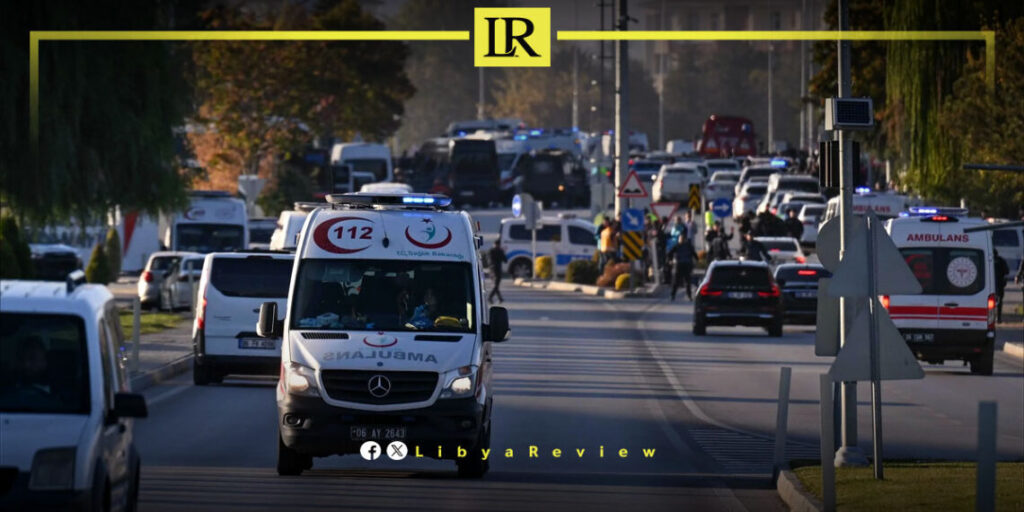
- The Director of the Department of Pharmacy, Equipment, and Medical Supplies at the Libyan Health Ministry, Dr. Abdul Salam Aqila, held an extensive meeting with representatives of international organisations to review the import authorisation process and address the needs and priorities of healthcare facilities in terms of equipment, devices, and medical supplies. The meeting explored avenues for joint cooperation with international organisations and discussed future plans, emphasising the importance of research and development to ensure the healthcare system’s demands are met.
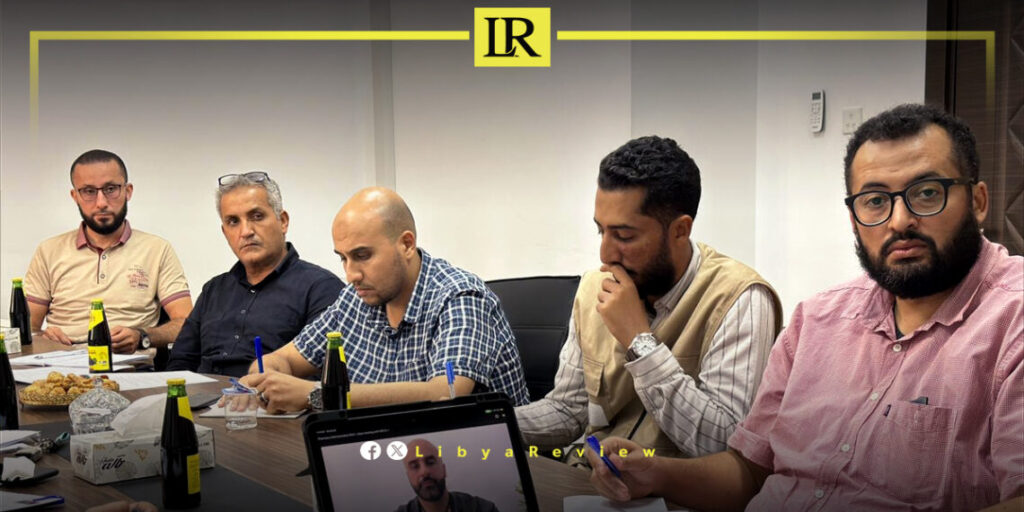
- The head of the National Institution for Human Rights (NIHRL) in Libya Ahmed Hamza has criticised a recent United Nations assessment on the situation in Libya as “unprofessional, inaccurate, and detached from the realities of the humanitarian, living, and economic conditions faced by local populations across the country.” This critique comes amid conflicting reports regarding improvements in Libya’s humanitarian situation. Hamza said: “Despite the UN’s positive outlook, local data paints a grimmer picture.” “According to the Social Research and Studies Center and the Statistics and Census Authority, poverty rates stand at 40% among the Libyan population, a figure supported by the Minister of Economy and Trade of the interim Government of National Unity (GNU), Hamza added.
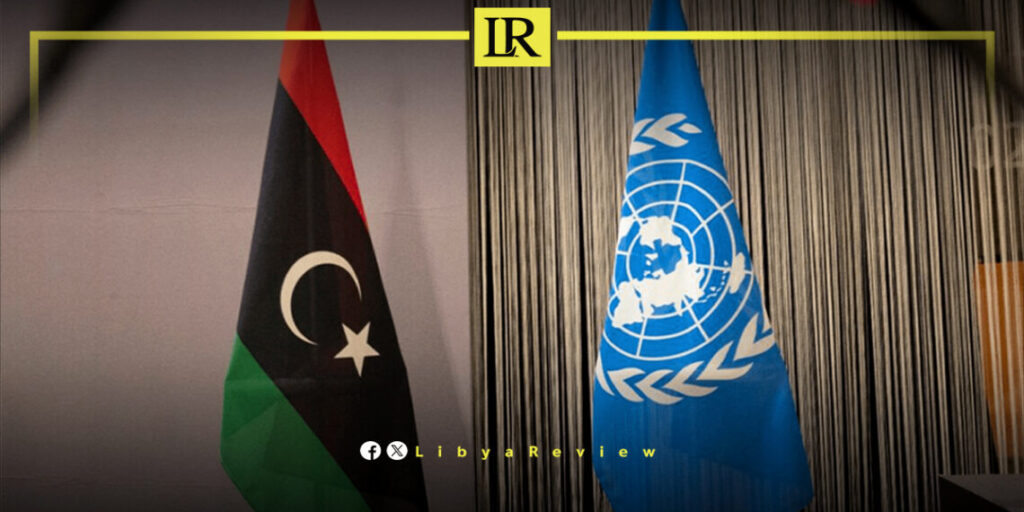
INTERNATIONAL RELATIONS
- The Ministry of Justice of the Libyan Government of National Unity (GNU) announced on Monday a new agreement to organize Dutch-led workshops focused on human rights. These workshops will target members of judicial authorities, the judicial police, and correctional and rehabilitation institutions in Libya. The announcement followed a meeting between Minister of Justice Halima Ibrahim and the Dutch Ambassador to Libya, Djoost Klarenbeek. According to the ministry’s statement, the minister emphasized that “the Netherlands is a key partner for the Ministry of Justice, with strong cooperation in the fields of rule of law and human rights protection.” During the meeting, both parties discussed judicial cooperation and ways to strengthen it, as well as the training programs provided by the Dutch Embassy to support national efforts to promote and protect human rights and uphold the rule of law.
- The Commander-in-Chief of the Libyan National Army (LNA), Field Marshal Khalifa Haftar, welcomed the French Ambassador to Libya, Mostafa Mihraje, at the LNA’s General Command headquarters in Benghazi. The meeting comes at a crucial time as Libya remains embroiled in political instability, with rival factions jostling for influence and international stakeholders pushing for progress toward national elections. Discussions between Haftar and Mihraje focused on enhancing bilateral cooperation and addressing shared priorities, including security, migration, and energy, in ways that align with both countries’ strategic interests.
